Ambassador Spotlight: When the Loneliness Work feels Lonely
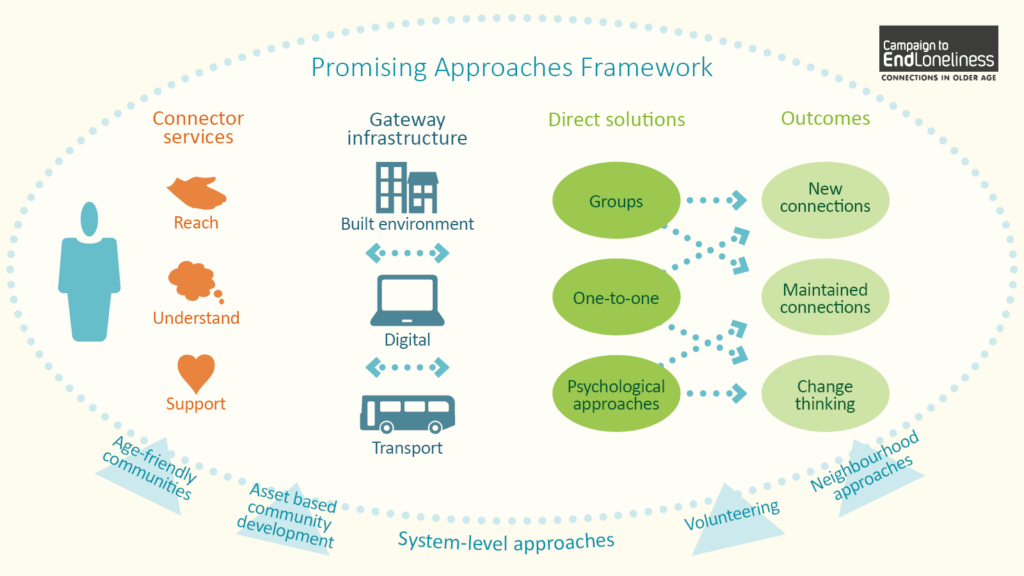
The latest blog in our Hub ambassador spotlight series has been written by author of the Jo Cox Commission report and our Ambassador for the Tackling Loneliness Ecosystem, Kate Jopling.
One of the ironies of the loneliness field is how lonely those working on this issue can be.
The loneliness “sector” has always been characterised by a patchwork of mainly small, local charities doing fantastic work in their communities, but with little time, or capacity to come together, share learning and build collaboration. Over my nearly 15 years in this field, I’ve been part of various efforts to address this, of which this Hub is the latest.
Back in 2011 when the Campaign to End Loneliness was first launched it quickly became a national gathering place for those working on loneliness. The Campaign created an infrastructure for sharing learning from research and practice and for networking. As the Campaign continued its work, we saw how important it was for people to hear that the challenges they faced were not unique, and to share solutions.
Over the years that followed, different organisations have led the convening: Jo Cox MP brought together a powerful coalition to call for Government action on loneliness, then the Loneliness Action Group, convened by the British Red Cross, helped the sector have a voice in shaping the loneliness strategy. When the Covid-19 pandemic hit, the Connection Coalition was formed by the Jo Cox Foundation, to help organisations working to build connections in a time of physical separation.
I’ve been privileged to support these collaborations in different ways: from creating the Promising Approaches framework to enable organisations understand how their work fits with others’ in communities, to building a collective call to action around loneliness at the last election. I usually find a way to get involved with this work, one way or other!
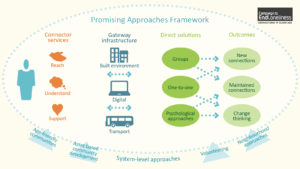
Now, the Tackling Loneliness Hub has taken up the vital connecting mantle, offering a space for those interested in loneliness – whether they’re campaigners, researchers, service providers, business leaders, or policy makers – to find each other and work together.
This is never more needed. Levels of loneliness remain higher than they were before the pandemic and at the same time organisations working on loneliness are facing enormous financial pressures, and yet are struggling for funding – with local authority budgets stretched and several charitable funders reprioritising their funds. In this climate we need to beg, borrow and steal ideas and capacity from each other as much as we can, and to speak as one to funders, and governments about the capacity and action we need.
I’m therefore pleased to be an advisor to the Hub and am committed to helping this brilliant sector to weather the storms and to make the case for the action. As an independent consultant, my day-to-day work varies, but you’ll find me speaking up for the power of connection whenever I get the chance, and I’m always happy to chat about loneliness, or to have my brain picked about who’s who if it’s ever helpful. Now more than ever, we need spaces like the Hub to keep the loneliness work from getting lonely.
Biography:

Kate Jopling is a policy and strategy consultant, with extensive experience across the fields of health, care and ageing, and particular expertise on loneliness.
She has authored a wide range of influential reports including the final report of the Jo Cox Commission on Loneliness which led to the development of the Government’s loneliness strategy, and the “Promising Approaches” framework which identified key features of a community response to loneliness.
A former Director of the International Longevity Centre and the Campaign to End Loneliness, and Head of Public Affairs for Help the Aged, Kate has a wealth of experience of building collaborations, supporting learning and influencing policy and practice.
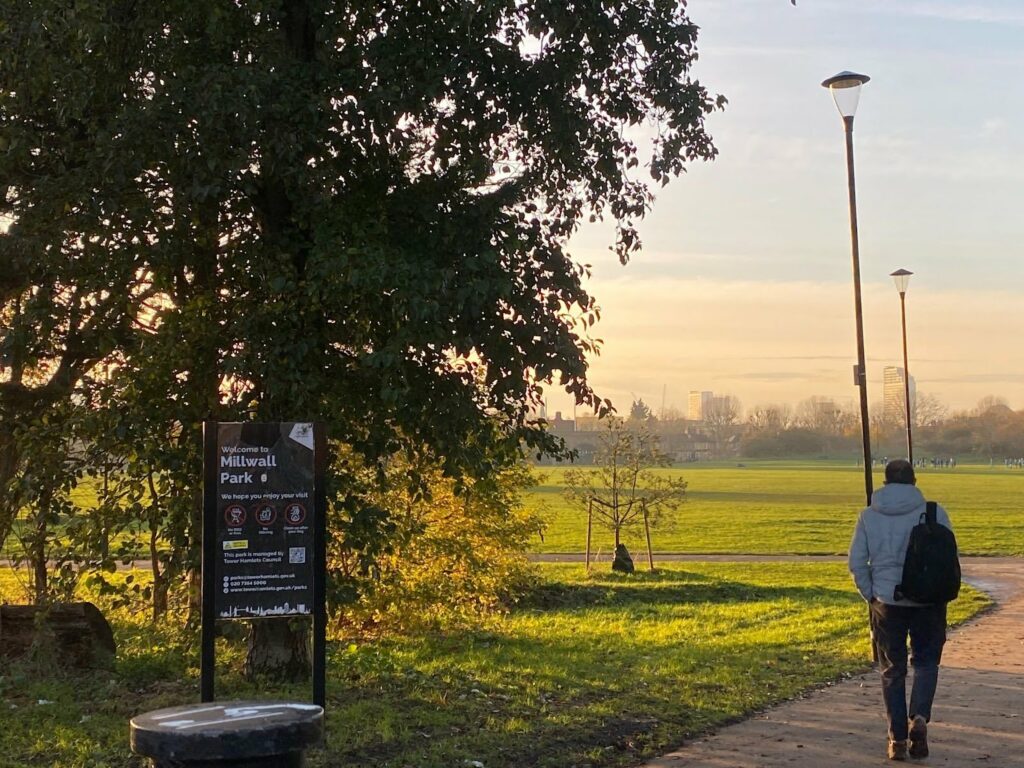
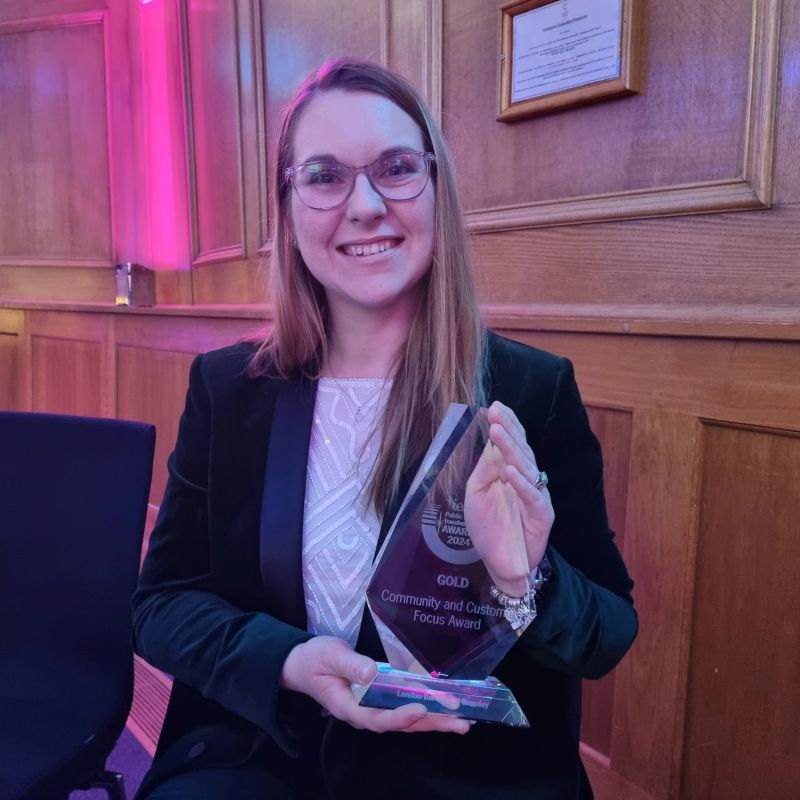
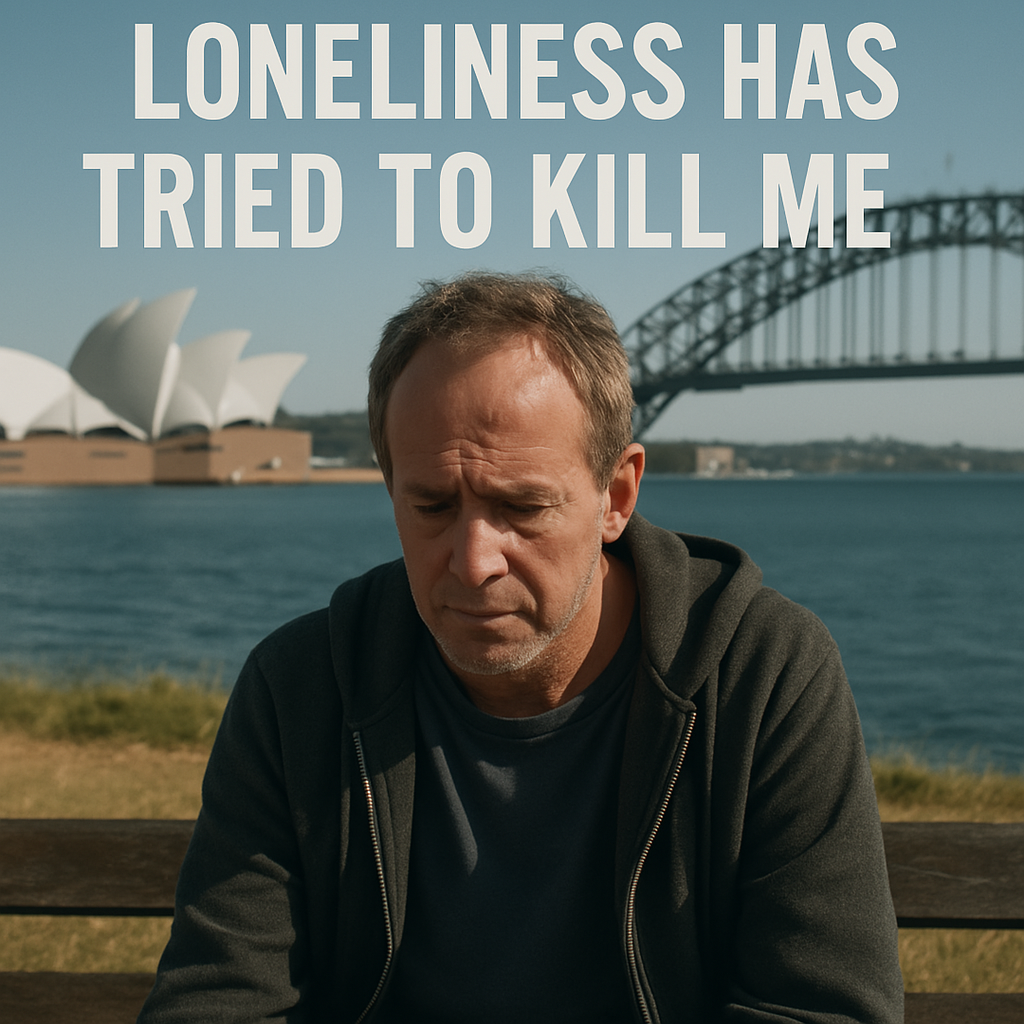
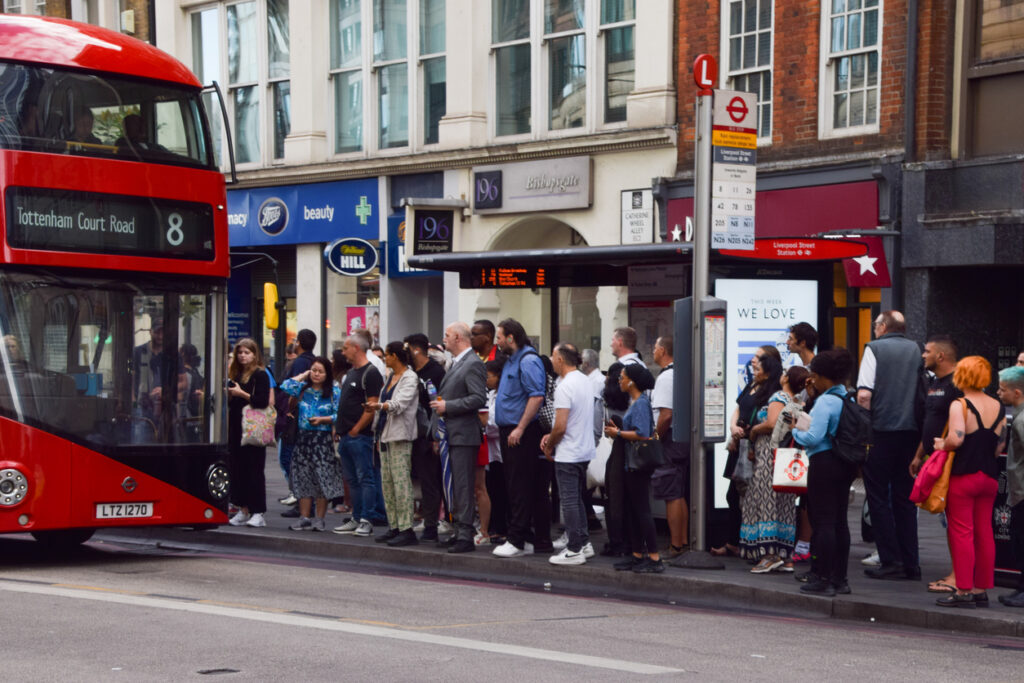

Responses